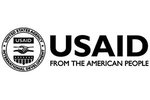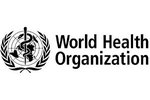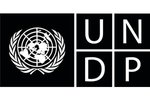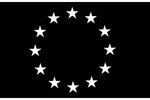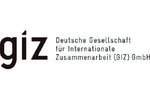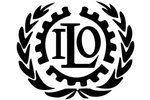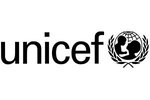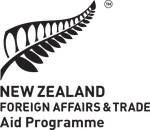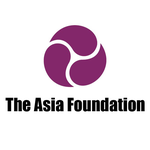How an app is saving the lives of women and babies in Timor-Leste
By improving the quality and the frequency of engagement between health providers and women, we’re building personal connections.
Two weeks before a woman gives birth, she receives a phone call from a clinic. That simple phone call helps save lives.
By receiving it, that woman’s chances of giving birth at a clinic rapidly increase.
In Timor-Leste, a small half-island nation just north of Australia, more than 50% of pregnant women still don’t make it to a clinic or hospital to deliver their baby. Women frequently die from complications during pregnancy and childbirth, and Timor-Leste’s maternal mortality rate — 557 per 100,000 live births — is one of the highest in Asia.
Over the past few years, the Liga Inan (‘Connecting Mothers’) program has been using technology to help save the lives of women and babies. It’s designed to connect and build trust between women and their health providers, ultimately aiming to improve their chances of delivering with a medical professional.
Over the course of their pregnancy and for six months following delivery, Liga Inan women receive health information over SMS that corresponds with their stage of pregnancy. Messages help them make better decisions about their pregnancy and encourage them to seek regular prenatal care and postnatal care. The woman and her health provider also receive reminders to make a birth plan towards her due date.

A pregnant woman came to our health facility last week. She told us that she’s illiterate but sends her daughter to school. Her daughter is the one who usually reads Liga Inan messages to her. Her daughter informed her that according to the message from Liga Inan, she was expected to deliver in a couple of days. So the pregnant woman came to the health facility and delivered with the assistance of a health provider. Both mother and baby are well.

With Liga Inan, our goal is to use technology to make personal connection stronger and empower women to make informed choices throughout pregnancy and motherhood.
And it’s working.
Research has shown that a Liga Inan mother is twice as likely to give birth with a skilled birth attendant and five times more likely to go in for follow-up care. And, a simple phone call three weeks prior to a woman’s expected due date can increase her likelihood of giving birth with a health provider by another 20%.
Today, more than 25,000 mothers have registered with Liga Inan, and we’ve sent more than a million SMS messages.

A Liga Inan mother is twice as likely to give birth with a skilled birth attendant and five times more likely to go for follow up care.

But health providers still needed a simpler way to manage their patients. Over the past year, we’ve been working to ensure they can do that while feeling more in control of their ability to provide services.
Our design team got started on producing a prototype of a new mobile app, co-designed with health providers in our pilot sites in Ermera and Liquica municipalities in Timor-Leste. We started with three main functions: patient management, notifications, and management statistics.
The app has been designed to constantly nudge health providers to make contact at critical times. Health providers can access a sorted list of mothers close to their due dates, and can SMS or call them quickly. And three weeks prior to an expected due date, they receive a friendly and actionable notification.
It says ‘Esperanca is giving birth in three weeks, please give her a call’. And with one click on ‘Bolu Agora’ (‘Call Now’), a phone call is made.
Making desirable behaviours simpler and more attractive is a key design philosophy for us at Catalpa. The easier we make the behaviour, the more likely it is to happen.
After a one-year pilot in Ermera and Liquica, the app launched in October and November 2017 in Bobonaro. It’s about to launch in Viqueque and Los Palos, with other municipalities to follow. We’re already hearing very positive stories from health providers accessing the app every day to review upcoming births and make phone calls.
“I use the mobile app to monitor mothers who are close to their estimated due date,” says Jose de Carvalho, Community Health Center Chief in Gleno.
“Sometimes I call them to ask whether they’ve delivered their baby and whether they know their estimated due date. I then help to make birth plans such as reminding them to call us when they are near the end of their pregnancy. I also give them the phone number for an ambulance.”
In the past six months, health providers have reported that 87% of Liga Inan mothers have delivered their babies with a skilled birth attendant.
We still have more to do, and we’re working with Timor-Leste’s Ministry of Health to expand the app’s features.
Through Liga Inan, technology doesn’t replace interaction between mothers and their health providers. Rather, it enables it. The mobile app was designed with this understanding: by improving the quality and the frequency of engagement between health providers and women, we’re building personal connections.
The technology is important — but it’s relationships that matter.
. . . . . .
Our Liga Inan program is delivered in partnership with the Timor-Leste Ministry of Health and Health Alliance International. The program is proudly supported by the Australian Government via the Partnership for Human Development managed by Abt Associates.
Check out more at catalpa.io and www.ligainan.org.

